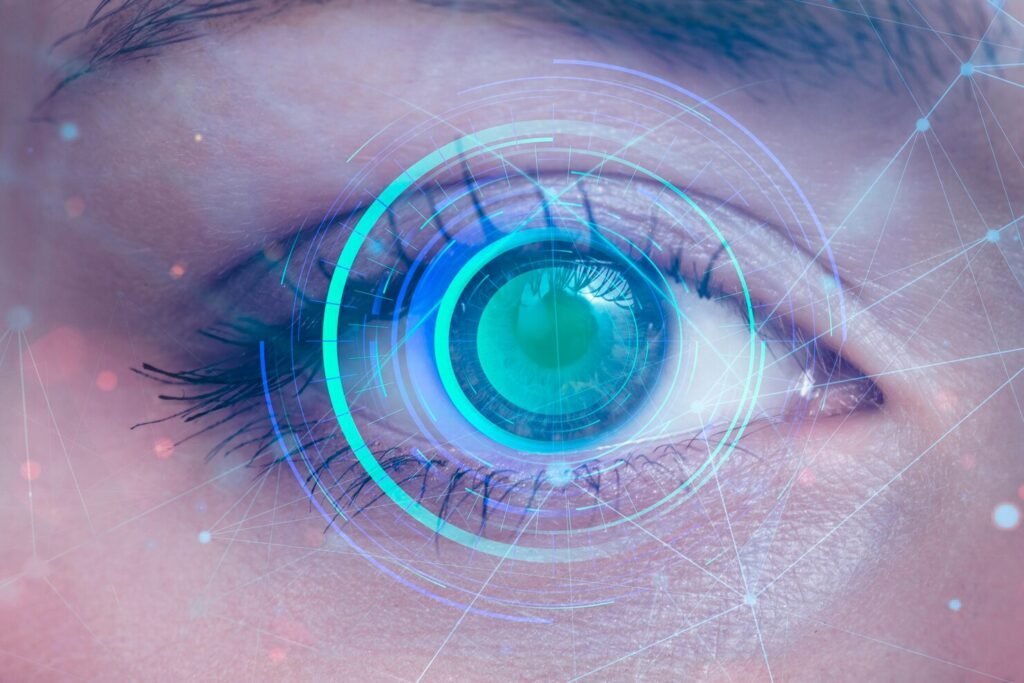Introduction: Artificial Intelligence (AI) is reshaping numerous fields, and ophthalmology is no exception. At Asian Eye Hospital, we are harnessing the power of AI to revolutionize eye care, enhancing diagnostic precision and treatment effectiveness. This blog explores how AI is being integrated into ophthalmology and the profound impact it is having on both patients and practitioners.
AI in Ophthalmology: An Overview: AI, particularly machine learning and deep learning, is being utilized in ophthalmology to analyze complex medical data rapidly. These technologies are especially effective in diagnosing diseases that can be detected through visual signs, such as diabetic retinopathy, glaucoma, and age-related macular degeneration.
Benefits of AI in Eye Care:
- Enhanced Diagnostic Accuracy: AI algorithms can analyze retinal images with exceptional accuracy, often surpassing even experienced ophthalmologists in identifying subtle anomalies.
- Efficiency in Screening Processes: AI can handle large volumes of data quickly, screening patients efficiently and prioritizing those who need urgent care.
- Predictive Analytics: AI can predict the progression of eye diseases based on historical data, helping in proactive management and treatment planning.
- Personalized Treatment Plans: By analyzing individual patient data, AI can help tailor treatments that are optimized for each patient’s specific condition.
Asian Eye Hospital’s Initiatives: At Asian Eye Hospital, we’ve integrated AI technology into several facets of our care delivery. Our AI-powered diagnostic tools assist in early detection and management of ocular diseases, ensuring that our patients receive timely and effective treatment.
Challenges and Future Directions: While AI promises to transform ophthalmology, it also poses challenges such as data security, patient privacy, and the need for robust training datasets. Moreover, integrating AI into clinical practice requires ensuring that these systems complement the expertise of human doctors, rather than replace it.
Conclusion: The integration of AI into ophthalmology is an exciting development that is setting the stage for more accurate diagnoses, efficient care, and personalized treatment strategies. At Asian Eye Hospital, we are excited to be at the forefront of this technological revolution, committed to utilizing AI to improve patient outcomes and push the boundaries of what is possible in eye care.
Stay connected with our blog for more insights into how technology is transforming ophthalmology and enhancing patient care at Asian Eye Hospital.

